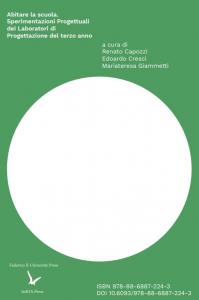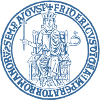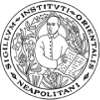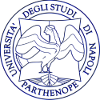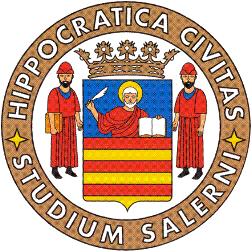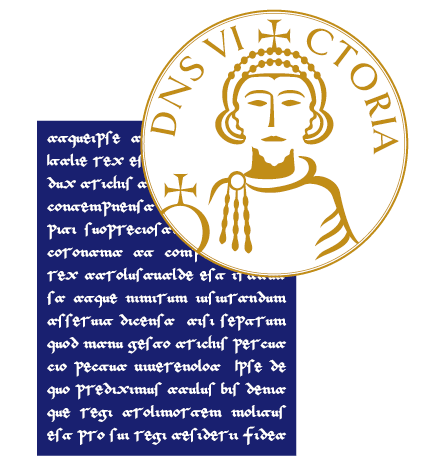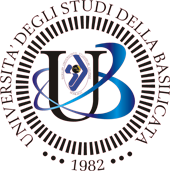Inhabiting school: design Experimentations by the third-year Design Workshops
Keywords:
school, pedagogy, architecture, architectural compositionSynopsis

Publisher: FedOA - Federico II University Press
Series: TeA / Teaching Architecture
Pages: 216
Language: Italian
NBN: http://nbn.depositolegale.it/resolver.pl?nbn=urn:nbn:it:unina-29897
Abstract: The third-year Laboratories carried out within the Bachelor of Architecture (Department of Architecture - University of Naples "Federico II"), which present their outcomes in this volume, chose to work on the topic of the school, more generally, on buildings for education. In order to develop the educational experience, they chose to use as an "architectural issue" a public design competition concerning the project of a new school complex in Cavaion Veronese. The functional-normative program, the morphology of the site, the relationship with the natural system, the small village near to the site and the system of roadways and pedestrian routes offered levels of typological, structural, technological, morphological, and urban complexity appropriate to the challenges that can be dealt by third-years students. Essays and projects collected in this volume provide an opportunity to experiment with teaching activities. They represent useful tools for an inclusive School of Architecture. At the same time, the personal experiences of each professor, expresses processes and way of teaching design capable to outline different cultural horizons in favor of a plurality of views on the architecture of the city.
Downloads
